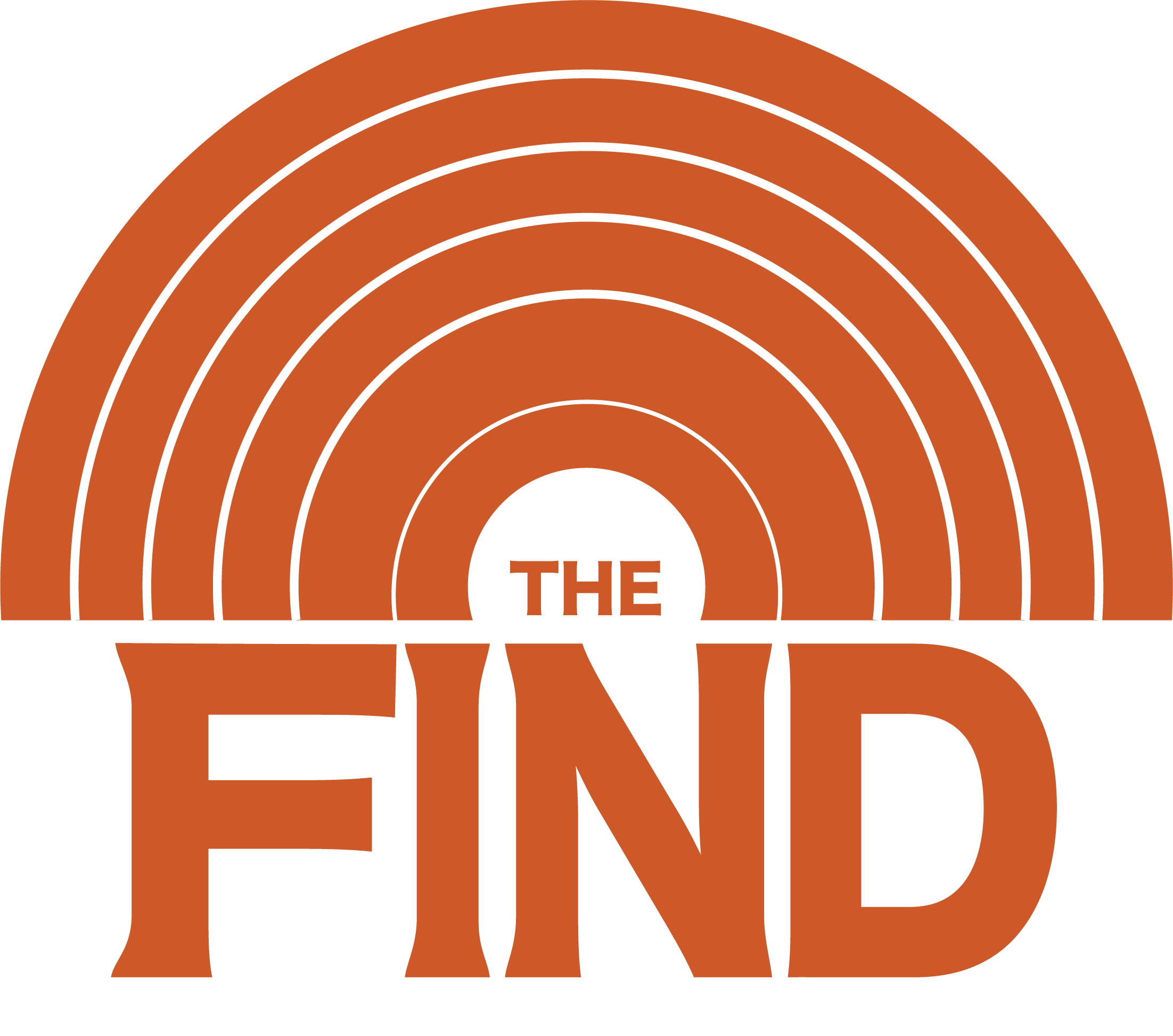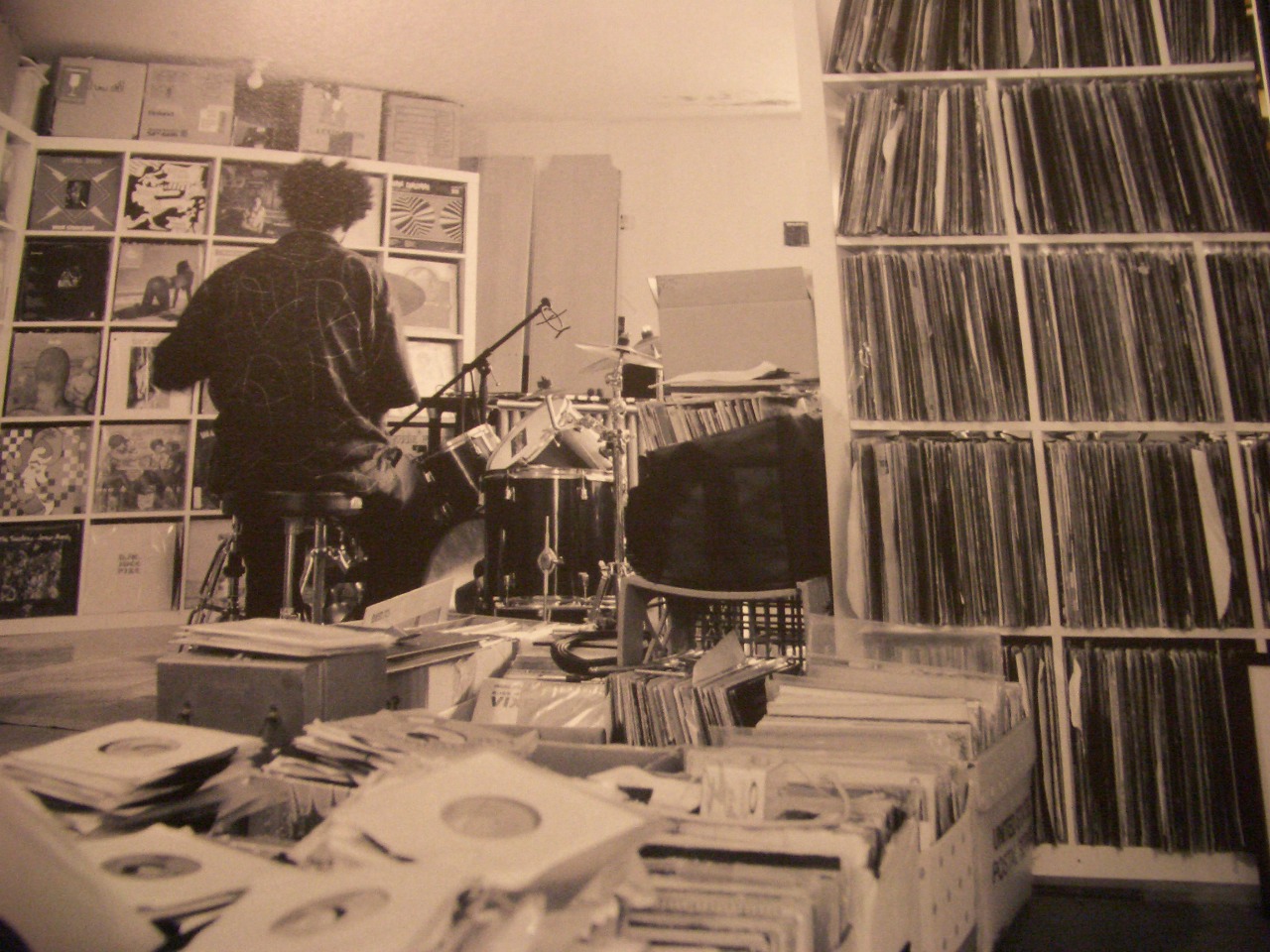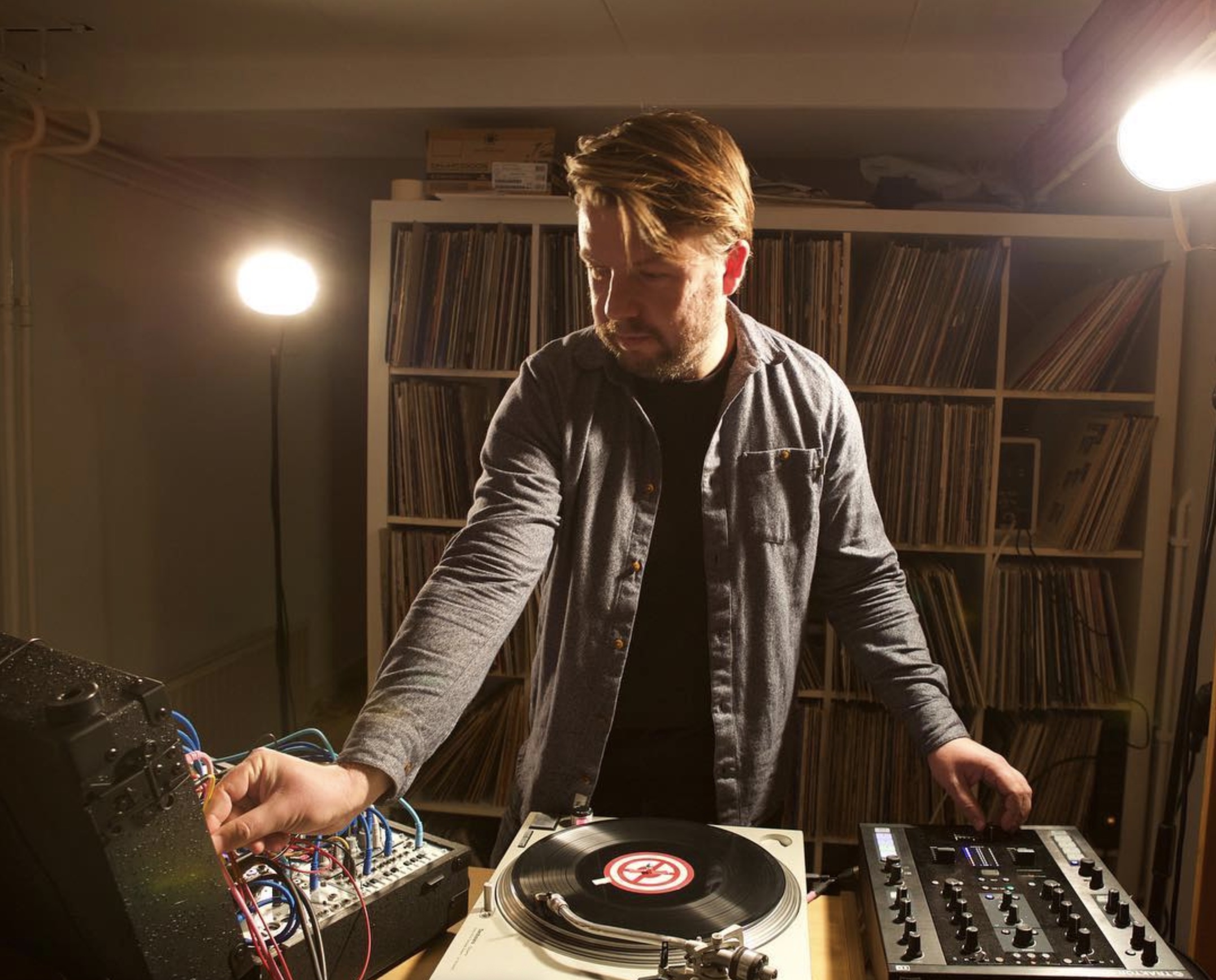Article: Participatory Culture for Producers
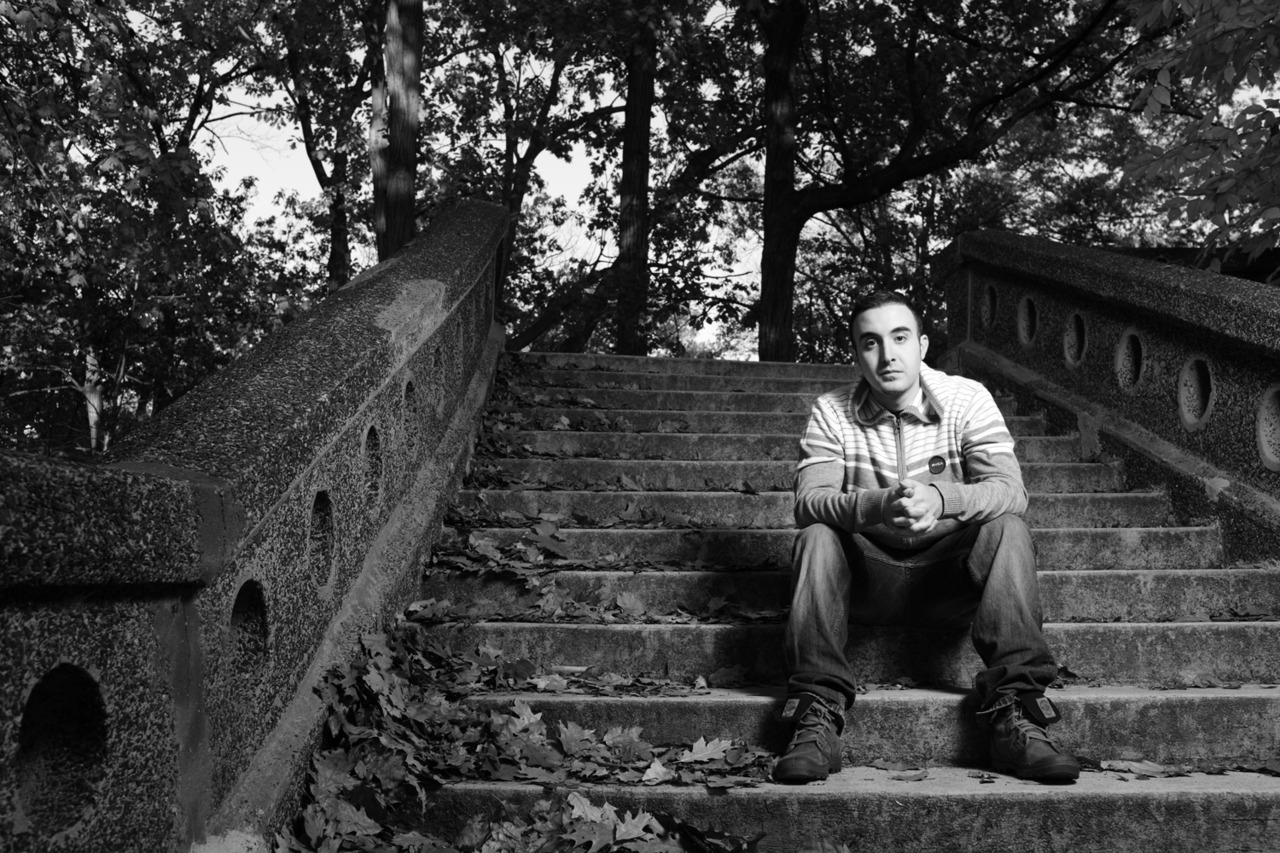
Instead of holding onto ideas and conceptions that once were effective before this box called the internet, maybe we should find solutions to help. On numerous occasions I’ve seen beatmakers whose work I admire get into an argument with someone for rapping on their beat.
This article is courtesy of FreshNerd (of 100 Akres)
I just read a dope post over at Refined Hype with regards to producers and beatmakers getting the short end of the proverbial stick. It inspired me to type this actually. If you’re new to life and or the internet, something happened this year that caused a huge shift in hip hop. It’s old news, I know… but I’m talking about the Lord Finesse vs. Mac Miller lawsuit.
It’s interesting seeing people’s take on the whole situation as I’ve noticed the split was nearly 50/50 when it comes to people for or against “jacking beats”. I’m not here to re-open that argument. What I’m here to do is to point your eyes to what we’re in the midst of. Yes my rap friends, we’re in an age of participatory culture.
Participatory culture
For the moment, let’s define participatory culture as one:
1. With relatively low barriers to artistic expression and civic engagement
2. With strong support for creating and sharing one’s creations with others
3. With some type of informal mentorship whereby what is known by the most experienced is passed along to novices
4. Where members believe that their contributions matter
5. Where members feel some degree of social connection with one another (at the least they care what other people think about what they have created).
– Henry Jenkins
If you’re saying to yourself “who the hell is Henry Jenkins?!”, he is an American media scholar at USC and prior to that, MIT. The reason I bring attention to Jenkins’ 5 Traits Of Participatory Culture is to state that most hip hop producers, for some reason, have not realized this shift yet. Kanye West picked up on it early on and I don’t think the fans caught onto what he did with the “Love Lockdown” single. That was participatory culture at work to the fullest.
Now before you get your panties in a bunch, I’m not saying that producers and beatmakers shouldn’t get paid for their work. It’d be ridiculous to even think about fixing my lips to even speak those words (especially since I’m a starving producer/beatmaker myself).
“Instead of holding onto ideas that once were effective before this box called the internet, maybe we should find solutions to help“
What I am saying though, is instead of holding onto ideas and conceptions that once were effective before this box called the internet, maybe we should find solutions to help. On numerous occasions I’ve seen producers/beatmakers whose work I admire (I won’t say their names, but they know who they are) get into a Twitter argument with someone for rapping on their beat without permission. I’m sorry guys, but that’s ridiculous. If you put out beats and beat tapes for free download, you really expect rappers not to download them and….dare I say….rap on them? That’s like asking the homeless dude outside of the store to hold your Subway sandwich until you get back. Or asking the crack head to hold those rocks while you go grocery shopping (what? I’m assuming drug dealers grocery shop without drugs on them).
Remember when the labels started suing regular people like you and me for downloading two songs illegally? They finally woke up and realised that wouldn’t work and most of the majors are now buying into Spotify (if they don’t own part of it already).
So I’ve said all of that to say this: Let’s find a way to monetize in this new music economy. Rappers have figured it out. Why can’t producers? Why isn’t there a producer’s or beatmaker’s union? Would it really hurt to have hobbyists rap on your beat? If it’s not up to standard, nobody in their right mind would really believe you produced it anyway. I think the only beat guy that was able to make it work for him is Clams Casino and nobody since.
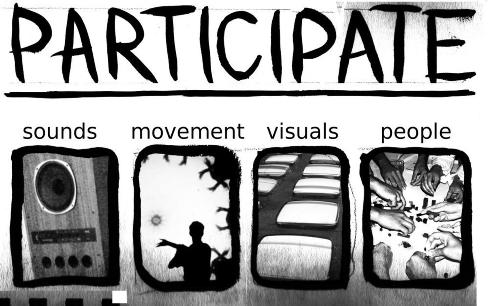
So before you curse out the poor kid on Twitter that thought it would be cool to rap over your beat and show it to his friends and parents, start looking at it from a different angle and perhaps we can start figuring out new solutions and business models to tweak. I don’t have all the answers, but start looking at other industries outside of music and understand the shift they’re going through and how they’re adjusting accordingly.
